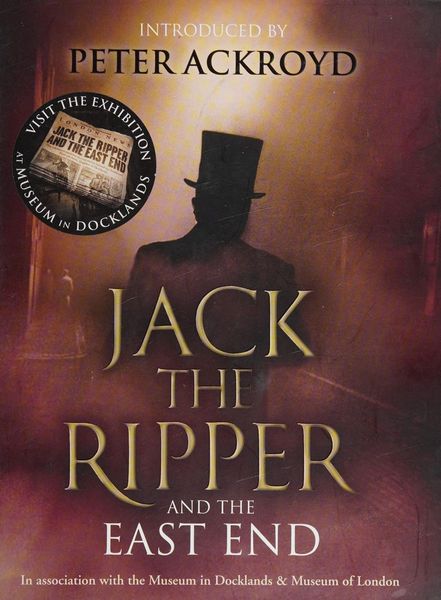
Jack the Ripper and the East End
In 1888, Whitechapel - at the heart of the inner East End - was the most (in)famous place in the country, widely imagined as a site of the blackest and deepest horror. Its streets and alleys were seen as violent and dangerous, overflowing with poverty and depravity. This book aims to uncover the reality of East End life. Sections look at slum housing, immigration, attitudes to women, poverty, violence and crime. The book examines how the brutal killings were reported and how the police tried to identify the murderer. A final section shows how Jack the Ripper has shaped our vision of London, and influenced our popular culture. Jack the Ripper and the East End coincides with an exhibition organised by the Museum of London at their Museum in Docklands. Key surviving documents from the National Archives and the London Metropolitan Archives will be on display - in addition to material from the collections of the Museum of London such as photographs of the Whitechapel Mission. The illustrations for the book will include rare and unpublished photographs, sections of the 'master' Booth Map of Poverty, detectives' reports and original letters. The introduction will be written by Peter Ackroyd, who is the acknowledged expert on London, its darker aspects and how its history has seeped into its very stones. Leading historians and curators will provide additional insights. This is a book which will be valued for years to come for its enduring and important portrait of the Victorian East End.